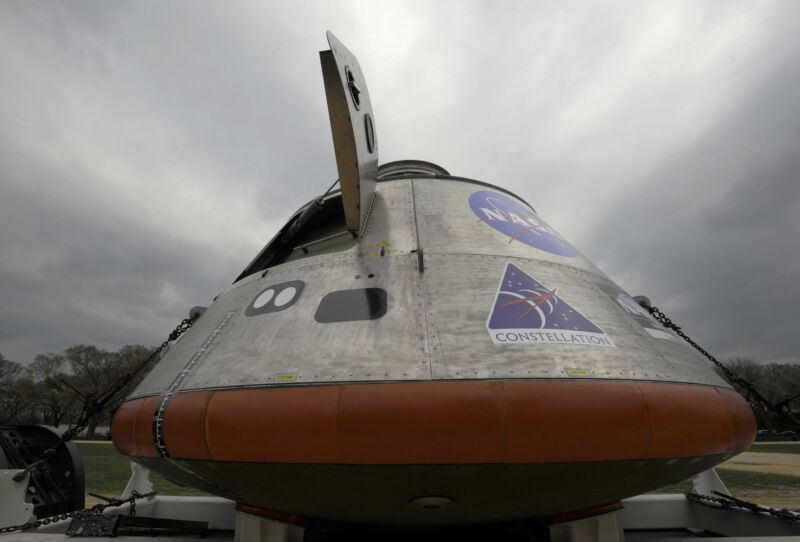
NASA's inspector general on Thursday released a detailed report that investigates the time and money that the space agency has spent to develop its Orion spacecraft. This is the vehicle NASA hopes to use to fly its astronauts to and from lunar orbit as part of the Artemis Program.
Since NASA awarded its first contract on Orion in August 2006, the report says NASA has spent $16.7 billion for development of Orion, or about $1.1 billion annually. NASA has paid the lion's share of those funds to Lockheed Martin, the prime contractor for development of the Orion capsule. For this tally, the report does not include funding for Orion's large Service Module, which is being built and delivered by the European Space Agency.
Most of the awards to Lockheed were conducted under a "cost-plus" contract structure, in which NASA is required to reimburse Lockheed for all allowable costs and, in addition, pay applicable award and incentive fees. Despite significant cost increases and schedule delays, Lockheed received nearly all available award fees, the report found. Those award fees struck NASA Inspector General Paul Martin as excessive.
He writes that the agency's contract with Lockheed for Orion, "In our judgement disincentivizes contractor performance by offering the contractor the opportunity to, at the end of a final award fee period, earn previously unearned award fees. We calculate that, at a minimum, NASA paid at least $27.8 million in excess award fees to Lockheed throughout development for the 'Excellent' performance ratings it received while the Orion Program was experiencing substantial cost increases and schedule delays."
A long history
Orion has a long, somewhat tortured history, and some of the delays are due to changing requirements. Throughout its development over the last 15 years, the vehicle has been called upon to do various tasks, including flying astronauts to the Moon and an asteroid and serving as a taxi to fly astronauts to the International Space Station. In 2010, when the program was behind schedule and over budget, President Obama tried to cancel it. But Congress pushed back on this effort, and it was ultimately reinstated. NASA's current administrator, Jim Bridenstine, inherited the Orion program and is trying to make the best of it as part of NASA's Artemis Moon initiative.
The current plan is for Orion to make a test flight in late 2021 or 2022 on top of a Space Launch System rocket and then carry crew on an Apollo-8 like mission around the Moon no earlier than 2023. At that point, the spacecraft will have been nearly two decades in development and have cost the space agency more than $20 billion.
Two decades is a long time to develop a crewed spacecraft. During a comparable period from 1961 to 1981, NASA debuted no fewer than five human-carrying spacecraft with the Mercury, Gemini, and Apollo capsules, the Lunar Module, and the space shuttle.
The new report dings NASA for trying to exclude past costs of Orion in its accounting for the program. This exclusion, the report notes, "has hindered the overall transparency of the vehicle’s complete costs."
Finally, the report also casts doubt on whether NASA will be able to control the costs of Orion as the space agency sends humans back to the Moon in the 2020s. "It remains too early to determine how successful these efforts will be in making the Orion more affordable as NASA looks ahead to Artemis missions to the Moon and beyond," the report concludes.
This is rather important, as the White House and Congress canceled the Apollo Program in the early 1970s because its costs were too high for NASA to continue on a sustainable basis. Critics of NASA's current Artemis approach, which uses cost-plus contracts to fund Orion and the large Space Launch System, say this effort, too, is doomed to fail because its expenses are not sustainable in the long term.
reader comments
255